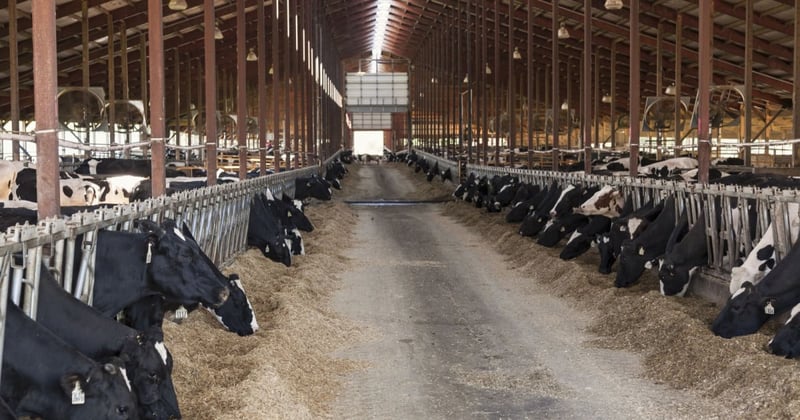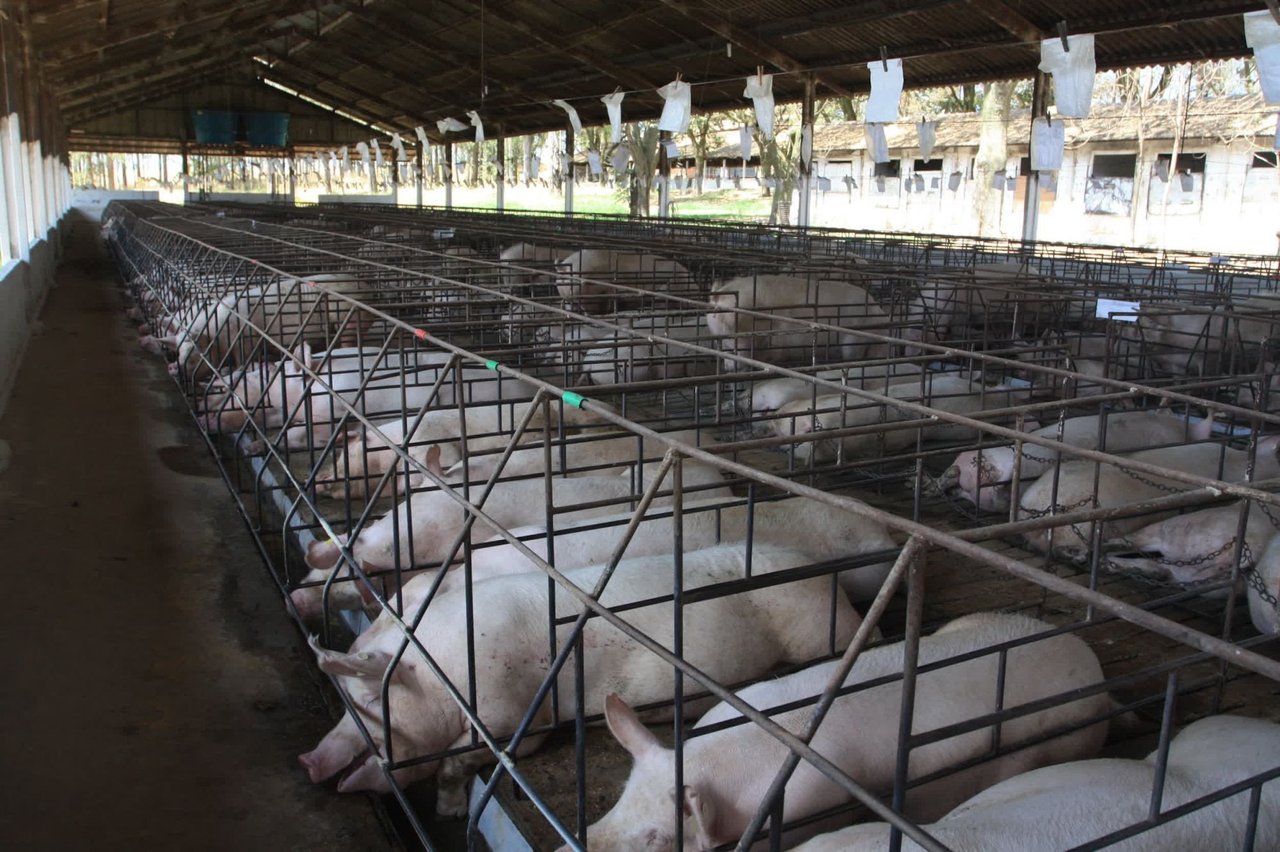
We examine how major food processing companies could be deceiving consumers.
What Is Antimicrobial Resistance?
Antimicrobial resistance (or antibiotic resistance) is a rapidly growing global health crisis, fueled by the widespread overuse of antibiotic medicines. One of the largest users of antibiotics, and thus one of the primary drivers of resistant bacteria, is the factory farming industry. Factory farms use millions of pounds of antibiotics every year as a routine practice to prevent disease in the crowded, barren, and stressful conditions that farmed animals are forced to endure.
Residues of antibiotic drugs and drug-resistant bacteria–also called “superbugs”–contaminate our environment and food supply from the misuse of antibiotics in farmed animals. The human toll from antibiotic resistance is significant and increasing, with at least 1.27 million deaths in 2019 due to drug-resistant bacterial infections and more than 600,000 foodborne cases of illness. This crisis has been called the “next global pandemic,” and if actions are not taken by key stakeholders, the issue will only continue to get worse.
Greenwashing in Animal Agriculture
Large companies that produce, process, or sell animal products have finally (after years of clear science and agreement from global health bodies) acknowledged that use of antibiotics in farmed animals contributes to the risk of resistant infections in humans. Many of these companies have issued policies stipulating how antibiotics can or should be used in their supply chains, and different types of labels on food packaging regarding antibiotic use have become common.
However, the language in these policies or the meaning behind label claims is often incredibly vague and can give customers the impression that the companies have implemented meaningful change when that is likely not the case. This type of language is indicative of “greenwashing,” making unsubstantiated or misleading claims that lead consumers to believe their products or behaviors are more sustainable or values-based than they actually are. Many companies are capitalizing on this approach and using it as a method of marketing in order to step away from making impactful policy changes.
Many of the current claims and commitments do not go beyond what is regulated by the FDA. They are framed as being “industry leading” while not contributing to genuine impact on antimicrobial resistance or animal welfare.
Corporate Policies Are Misdirecting Consumers
Often companies buffer their policies with words like “strive,” “aim,” or “encourage,” meaning they are avoiding being accountable for failing to make real progress. Hormel, the company behind brands such as SPAM, Hormel Chili, and Jennie-O, is a prime example. Its Antibiotic Stewardship Report emphasized that it “will strive” to reduce and eliminate the use of antibiotics for disease prevention, leaving a large loophole insulating it from criticism if it does only the bare minimum. Hormel also gives the impression that it is working to implement changes across its entire supply chain when its efforts actually leave out a portion of turkeys and the vast majority of pigs.
Another distinct example of this type of greenwashing within the animal agriculture industry is the development of the One Health Certified label for animal products. It was developed by meat companies and claims to demonstrate a company’s commitment to animal welfare, environmental issues, and responsible antibiotic use. While on the surface this label seems to promote consumer transparency, it does not require practices beyond factory farming standards and has no meaningful animal welfare requirements or standards to address air and water pollution caused by crowded and confined animal feeding operations. Under this label, antibiotics and other types of drugs can still be used routinely.
Time to Take Action
Clear and effective policies that prohibit the use of antibiotics for disease prevention and require meaningful improvements in the living environments and treatment of animals are necessary. These policies must be time-bound with a deadline for achieving a full phase-out of antibiotics used for disease prevention, and companies must report annually on their progress.
Greenwashing and misleading claims about antibiotics are keeping the factory farming industry in place while giving consumers the false impression of change. Companies must be held accountable for their use of antibiotics, and we need stronger government regulations that prevent meat companies from misusing antibiotics in the first place. Join us in urging the FDA to strengthen regulations on antibiotics used on factory farms.
